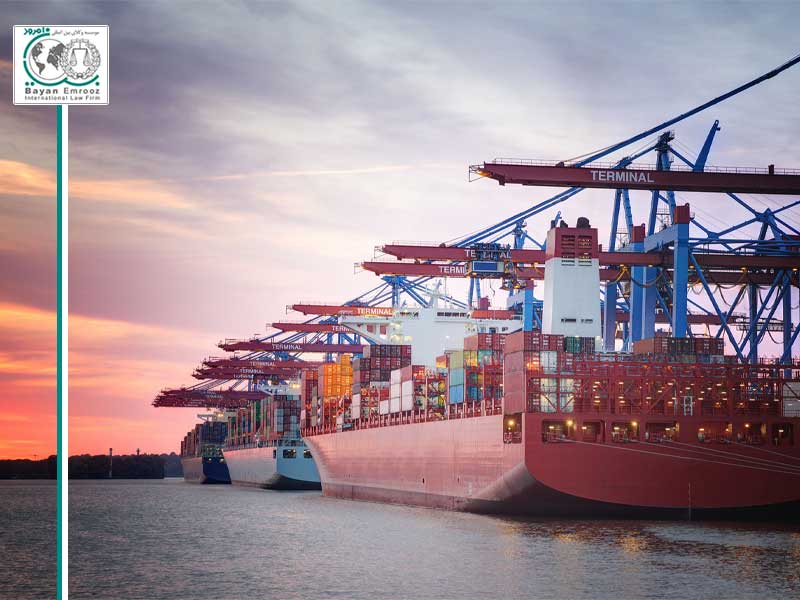After Russia’s invasion of Ukraine, the United States and other countries around the world have imposed a series of sanctions regarding Russia and its partner in crime, Belarus. They include property-blocking sanctions and asset freezes with regard to chosen entities, restrictions on transactions or other dealings with certain entities, etc. The sanctions can apply with considerable extraterritorial effect and, consistent with their purpose.
Russia’s invasion of Ukraine has shaped new challenges for businesses and is having significant effects on companies’ commercial transactions throughout the world. The war and the resulting sanctions and export controls imposed related to Russia and Belarus by the nations are causing supply chain disruptions, cost increases, and related business continuity concerns.
Other countries have also been under crippling sanctions, such as Iran. Iran has faced oil and banking sanctions since 2012. The international sanctions against Iran can be classified into three categories including the United States sanctions, the Security Council sanctions, and the European Union sanctions.
This alert highlights the issues that can arise when sanctions affect commercial contracts in various legal systems, with a particular focus on situations where a contract was valid at creation but performance is later delayed by a sanction.
Understanding these impacts often require revisiting the fundamental principles of contract law, such as illegality, impossibility, impracticability and frustration of purpose, which may operate very differently in legal systems around the world.
A review of the case law shows the diverse details that can arise and how the application of seemingly simple principles can be unpredictably complicated in practice. That is mainly correct in an international scale where the execution of the contract may be sanctioned under the laws of a jurisdiction other than the governing law of the contract.
International contracts often will have definite terms addressing force majeure and sanctions compliance. Applicable law may limit parties’ ability to agree to comply with foreign embargos. Sanctions and blocking statues may contain “saving clauses” to address the consequences of non-performance.
An important matter to consider in analyzing a force majeure clause is what law applies in interpreting the clause. The choice of law and choice of forum provisions in the contract generally inform how a force majeure clause is interpreted. The interpretation of force majeure clauses may vary significantly depending on which country’s law applies. Industry may also be applicable in the clause’s interpretation.
These and other issues will need to be considered carefully in specific cases. Companies affected by the Ukraine crisis and other international sanctions, should recognize affected contracts under which the company or its business partners may be unable (or more importantly unwilling due to possible consequences of breaching the sanctions) to meet their obligations. Many of these contracts may include direct force majeure clauses that can relieve a party from liability due to extreme circumstances beyond a person’s control. The business should examine the relevant force majeure clauses under applicable law to understand if the clause is triggered under the circumstances and what the consequences of a force majeure are.
Nonetheless, the situation arising from international sanctions is dire and dangerous. Many businesses prefer not to even get close to companies of sanctioned countries. The risk of facing OFAC for a transaction is pretty high and businesses need to be or get familiar with this matter.
Our colleagues in Bayan Emrooz International Law Firm with years of experience regarding international sanctions, have the ability and knowledge to assist businesses regarding the sanctions compliance and the possible consequences of this endeavor.



